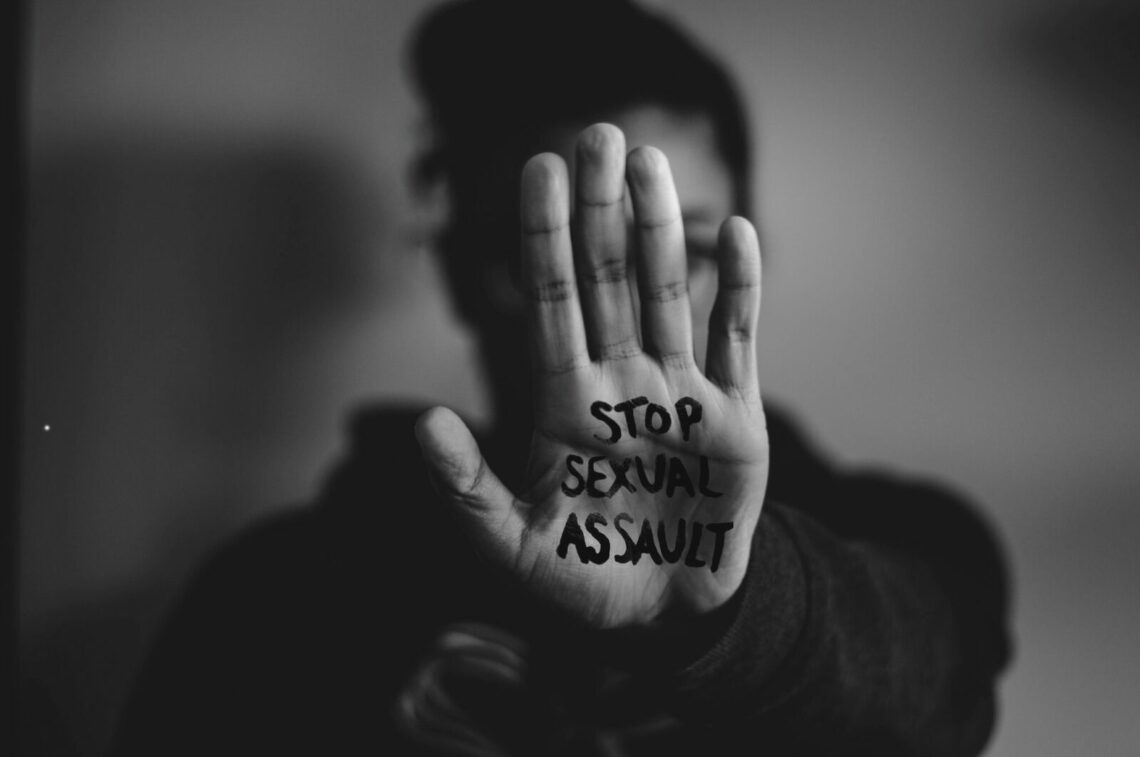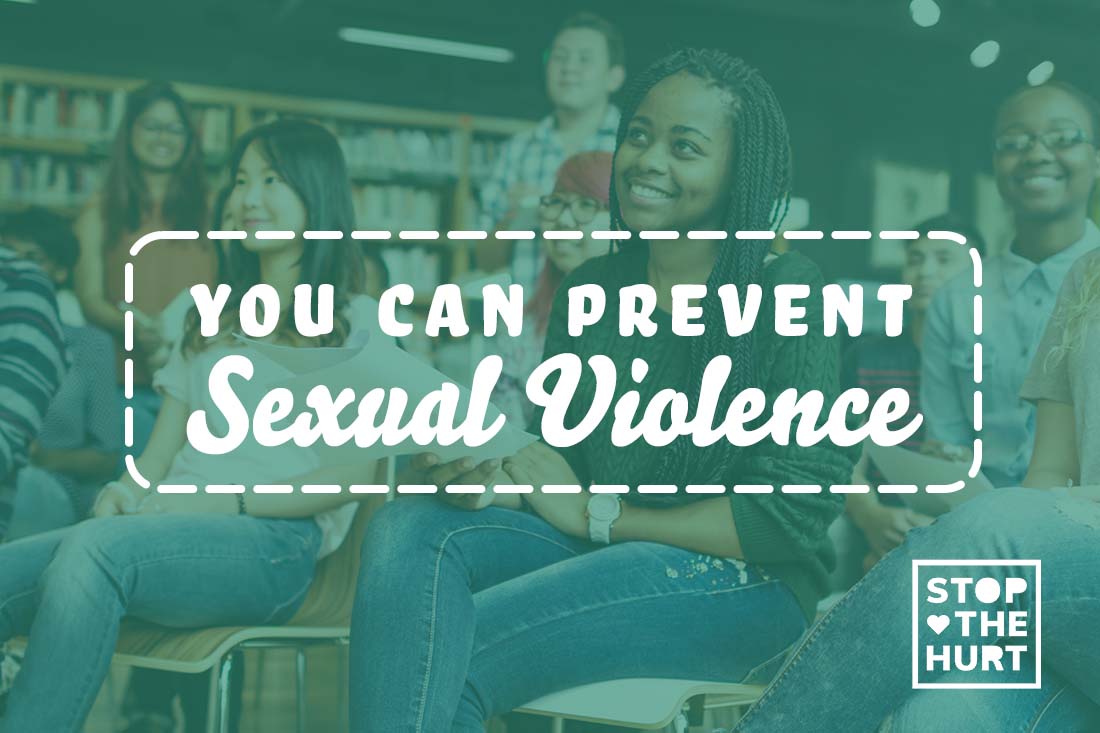Changes in the Statue of Limitations on Sexual Abuse
In 2019 The California Child Victims Act was passed. This bill, also known as AB 218, expanded the rights child victims of sexual abuse and sexual assault have.
One of the most groundbreaking policies this law enacted, was allowing a three-year window that began in January 2020 for any one of any age who experienced sexual abuse as a child to be able to pursue charges against their abuser.
Further, this law raised the time window you can pursue charges to the age of 40 or within 5 years after the age of 18 someone realized they suffered from psychological injuries from sexual assault.
Before its passing, the statute of limitations on sexual abuse was until you were 26, or within 3 years of the date upon which someone discovered psychology injury caused by sexual abuse.
It also expanded the definition of childhood sexual abuse to now be referred to as childhood sexual assault. Expanding this definition was pushed by many childhood sexual assault survivors and more properly defines many of the things survivors of childhood sexual abuse experience.
Additionally, this bill also addresses the problems of cover ups in institutions. By institutions this bill refers to places like schools, sports leagues or facilities, and churches. In doing so, it expands the definition of “duty of care.” This outlines the legal responsibility an institution has in protecting minors. By doing this, this bill would ensure that an institution would have legal ramifications if misconduct were not thoroughly investigated, handled, and prevented. It would also allow recovery of up to treble damages from the person who covered up sexual assault.

The authors of this bill included this revision to deter people and institutions from protecting abusers, and to also give justice to sexual assault survivors whose cases should have been long before brought to justice.
This law was passed due to a a plethora of disturbing sexual assault cases that came to the limelight in recent years such as US Gymnastics doctor Larry Nassar’s conviction.
The expansion of the statute of limitations provides a path to justice for people that do not realize they've been abused until years after the abuse happened.
Laws like this have been passed in other states as well like New York and New Jersey. Several states have also enacted a look back window, such as Arizona, Montana, Hawaii, Vermont, New Jersey, North Carolina, and the District of Columbia.
These actions taken by governments around the country set an important precedent in protecting sexual assault survivors no matter how long it has been since the abuse occurred.
Studies have shown that about one in ten children report having been sexually assaulted before their 18th birthday.
Such harrowing statistics are a testament to the protection many abusers receive from institutions or people, as well as the difficulty a survivor has in pursuing a claim against their abuser.
The California Child Victims Act aims to lessen these difficulties. It hopes to help ensure victims of childhood sexual assault receive justice and compensation for the abuse they endured by removing arbitrary time limits for when justice should be pursued and expanding the statute of limitations. The look back window is open until December 31st, 2022, which allows anyone of any age to file a claim no matter how long ago the abuse may have occurred.
What actions can be taken if you have been sexually abused?
If you are experiencing sexual abuse or have and need resources to assist you on what your next steps could be, there are many organizations that ensure a safe and helpful environment for you.

Sexual Abuse Resources:
- RAINN (Rape, Abuse, & Incest National Network) National Sexual Assault Hotline, Confidential 24/7 Support. Call someone at 800.656.4673 or chat with someone at online.rainn.org
- National Sexual Violence Resource Center - NSVRC has many resources to connect you to local agencies, groups, as well as information regarding your legal rights and who to contact.
- The Joyful Heart Foundation - Their mission is to transform society’s response to sexual assault, domestic violence, and child abuse, support survivors’ healing, and end this violence forever.
- Stop the Silence - Stop the Silence is a department of the Institute on Violence, Abuse and Trauma committed to prevention, treatment, and mitigation of child sexual abuse (CSA), other adverse childhood experiences (ACEs), and related interpersonal trauma. They provide help and resources through comprehensive programming with awareness, education/outreach, training, and policy development and reform.
- Attorney General Resources - Government complaint forms and equity commissions.
If you are interested in pursuing justice against someone for sexual abuse, you can do so by filing a civil lawsuit. Consulting our team of experienced attorneys who have handled a variety of sexual assault cases including Title IX cases, can help you navigate how viable your claim may be in court, as well as how to navigate court proceedings.
An attorney can also help ensure you get the proper compensation during your lawsuit. For cases in the greater Los Angeles California area please contact our team at 310.706.400

